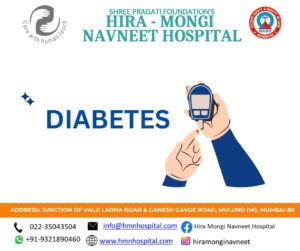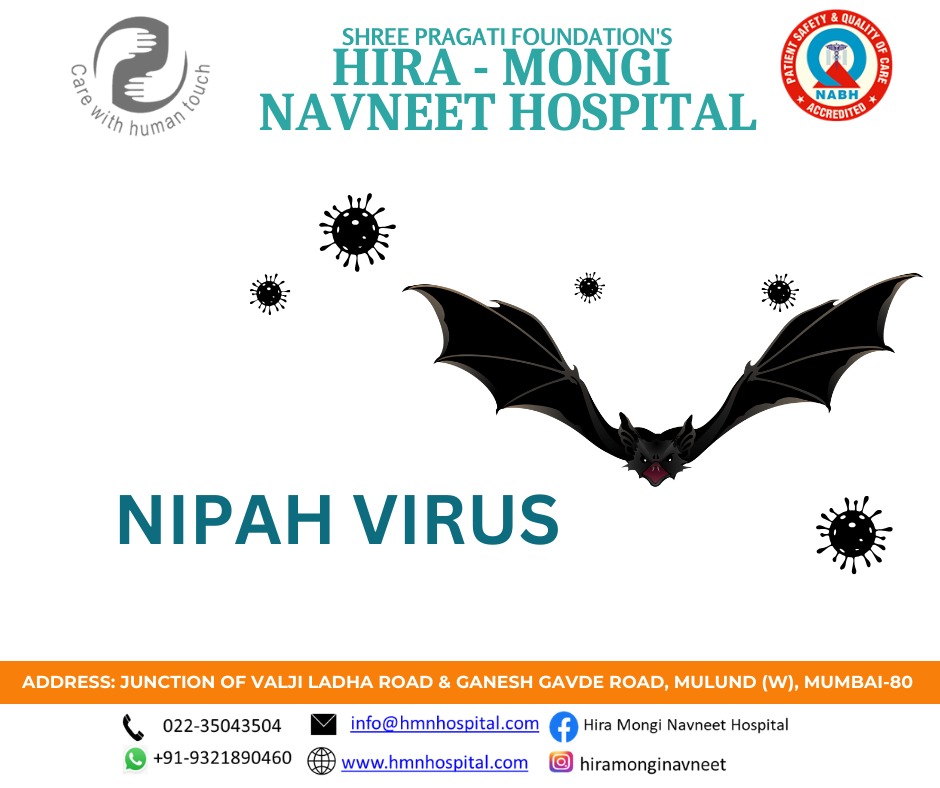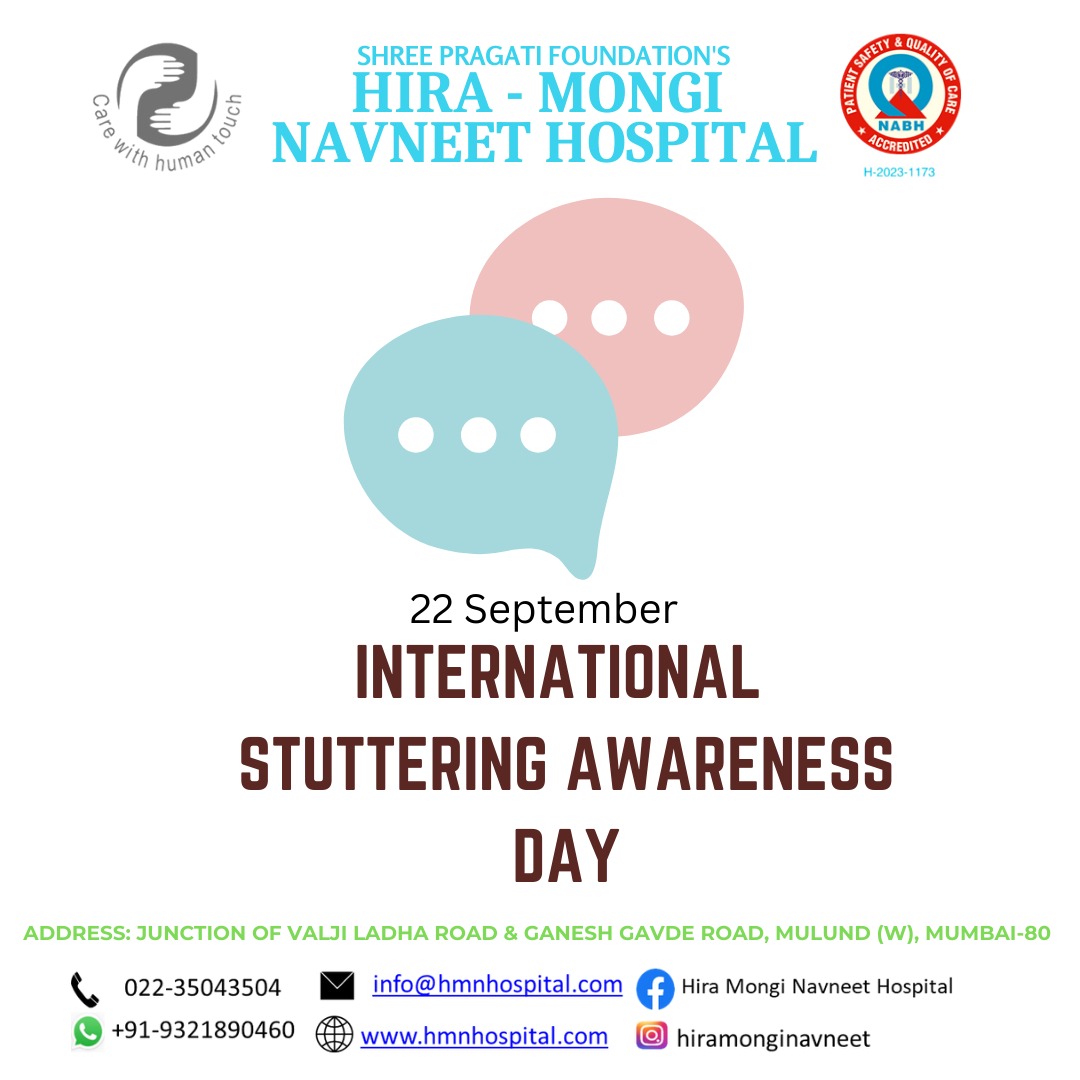DIABETES
 Diabetes is a chronic condition in which the body is unable to properly regulate blood sugar levels. When we eat, our body breaks down carbohydrates into glucose, which acts as a primary source of energy. The hormone insulin, produced by the pancreas, helps transport glucose from the bloodstream into cells to be used as energy. In people with diabetes, however, the body either doesn’t produce enough insulin or cannot properly utilize it. As a result, blood sugar levels remain high, leading to a variety of health complications
Diabetes is a chronic condition in which the body is unable to properly regulate blood sugar levels. When we eat, our body breaks down carbohydrates into glucose, which acts as a primary source of energy. The hormone insulin, produced by the pancreas, helps transport glucose from the bloodstream into cells to be used as energy. In people with diabetes, however, the body either doesn’t produce enough insulin or cannot properly utilize it. As a result, blood sugar levels remain high, leading to a variety of health complications
- Diabetes is the No. 1 cause of kidney failure, lower-limb amputations, and adult blindness.
- In the last 20 years, the number of adults diagnosed with diabetes has more than doubled.
Types of Diabetes
Three main types of diabetes: type 1, type 2, and gestational diabetes (diabetes while pregnant).
Type 1 Diabetes – result of the body’s immune system attacking the cells in the pancreas that produce insulin and is typically diagnosed in children and adolescents. Approximately 5-10% of people have type 1. It diagnosed at any age, and symptoms develop quickly. If you have type 1 diabetes, you’ll need to take insulin every day to survive.
Type 2 Diabetes- most common form of diabetes, characterized by insulin resistance or inadequate insulin production, and is often associated with unhealthy lifestyle habits. About 90-95% of people have type 2. It is usually diagnosed in adults .Type 2 diabetes can be prevented or delayed with healthy lifestyle changes, such as:
- Losing weight.
- Eating healthy food.
- Being active.
Gestational Diabetes- occurs during pregnancy and typically resolves after delivery, and baby could be at higher risk for health problems. Gestational diabetes usually goes away after baby is born. However, it increases risk for type 2 diabetes later in life. Baby is more likely to have obesity as a child or teen and develop type 2 diabetes later in life.
Symptoms- Symptoms of diabetes may occur suddenly. In type 2 diabetes, the symptoms can be mild and may take many years to be noticed.
Symptoms of diabetes include:
- Feeling Very Thirsty
- Needing To Urinate More Often Than Usual
- Blurred Vision
- Feeling Tired
- Losing Weight Unintentionally
Diabetes can damage blood vessels in the heart, eyes, kidneys and nerves. Higher risk of health problems including heart attack, stroke and kidney failure.It can cause permanent vision loss by damaging blood vessels in the eyes.
Many people with diabetes develop problems with their feet from nerve damage and poor blood flow, can cause foot ulcers and may lead to amputation.
Prevention
Lifestyle changes are the best way to prevent or delay the onset of type 2 diabetes.To help prevent type 2 diabetes and its complications, people should:
- Maintain a healthy weight and eat healthy diet
- Stay physically active with at least 30 minutes of moderate exercise each day
- Avoid sugar and saturated fat
- Avoid smoke and limit alcohol intake
Diagnosis and treatment
Early diagnosis can be accomplished through relatively inexpensive testing of blood glucose. People with type 1 diabetes need insulin injections for survival.One of the most important ways to treat diabetes is to keep a healthy lifestyle.
Some people with type 2 diabetes will need to take medicines to help manage their blood sugar levels. These can include insulin injections or other medicines.
Along with medicines to lower blood sugar, people with diabetes often need medications to lower their blood pressure and statins to reduce the risk of complications.
Additional medical care may be needed to treat the effects of diabetes:
- Foot care to treat ulcers
- Screening and treatment for kidney disease
- Eye exams to screen for retinopathy (which causes blindness)


